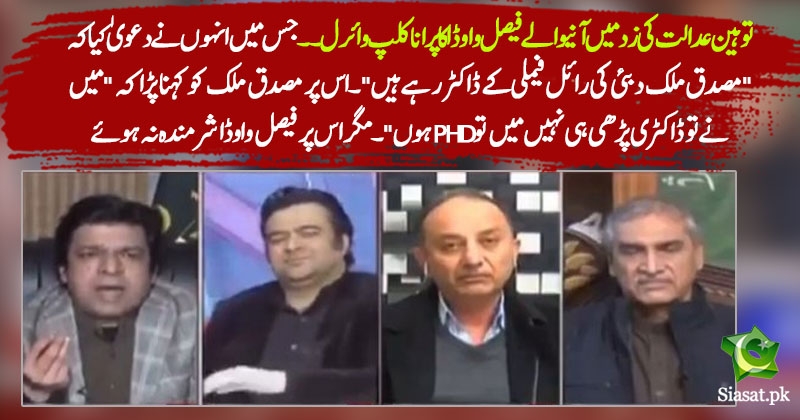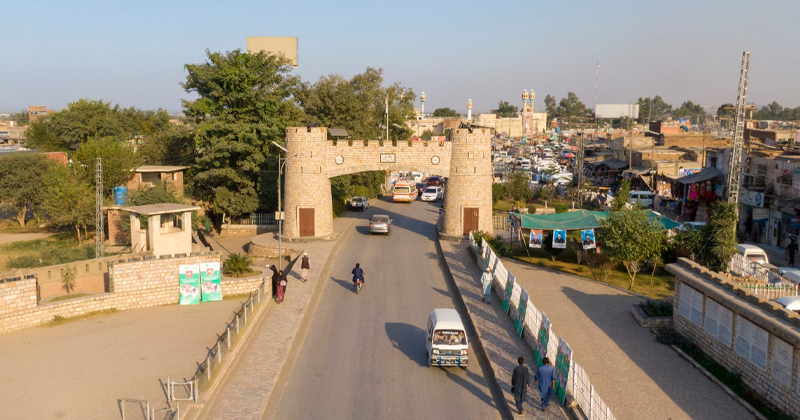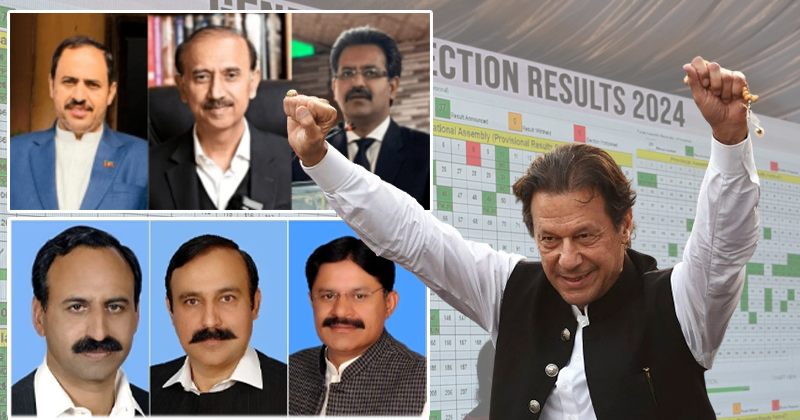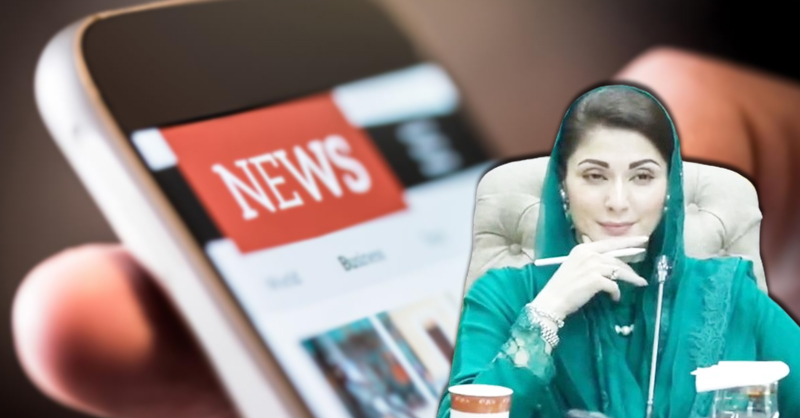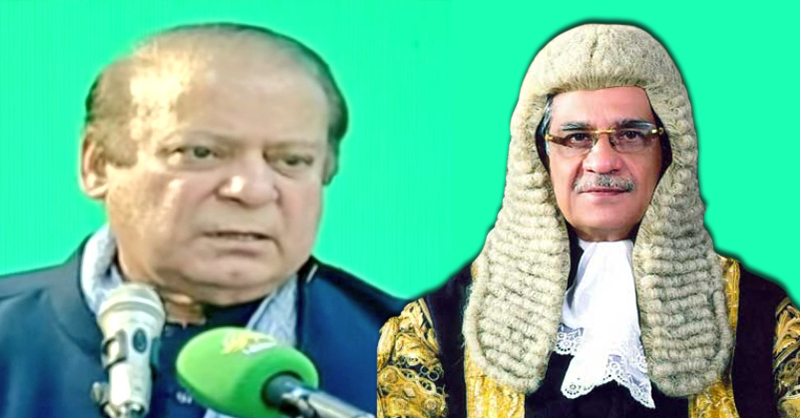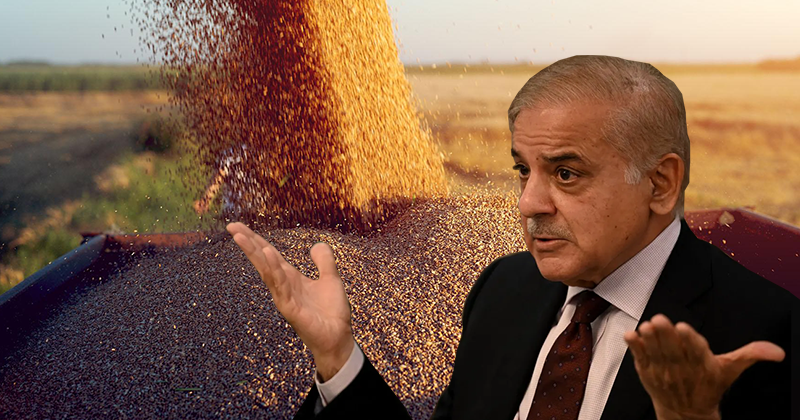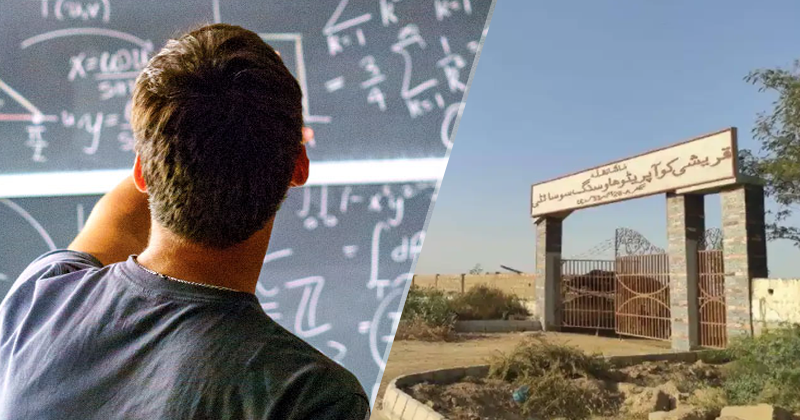Dr Ashfaque H Khan
Tuesday, January 01, 2013
With the fifth most turbulent year (2012) in Pakistans economic history drawing to a close yesterday, the year 2013 has just begun. Far from being a fresh start, there are signs that 2013 will not be markedly different from the one that has preceded it. As Pakistans economy is likely to be weathering further crises, there is every indication that the people of Pakistan may not see their lives improving any time soon.
This article takes stock of the economic situation at the end of 2012 and discusses the difficulties that lie ahead in 2013 and 2014. Where we stand on the economic front today cannot be attributed to what has taken place in 2012 alone. Rather, we may say that the present economic situation stems from five years of economic mismanagement and deception.
Contrary to the claims of the present regime that it had inherited a shattered economy, the factual position as documented by the government itself was that it inherited a sound economy an economy growing more than seven percent per annum with relative price stability. This is what the present government wrote to the IMF, while seeking a bailout package in November 2008. The government, therefore, started its innings with deception and misguiding its own people.
The present regime that took charge in March 2008 was inept at addressing economic challenges, in general, and external shocks, in particular. Frequent changes in the economic team have been a hallmark of the governments modus operandi. The last five years have witnessed four finance ministers, six finance secretaries, four governors of the central bank, six chairpersons of the Federal Board of Revenue (FBR) and four deputy chairpersons of the Planning Commission pass through the revolving doors of the governments economic team.
To compound the instability created by changes in the composition of the economic team, this country was run for six months without any finance, commerce, petroleum and natural resources and health ministers. In short, the economy was never on the agenda of the government, and as such the results could not have been different.
The last five years have seen economic growth slowing to an average of three percent per annum, industrial growth stagnating at near zero percent, investment rate declining to a 50-year low at 12.5 percent of GDP, budget deficit averaging seven percent of GDP and public debt doubling.
During this period, the country added $20 billion in external debt, foreign investment dried up, the rupee lost 36 percent of its value and foreign exchange reserves dipped to dangerously low levels. In the meantime, private sector enterprises (PSEs) continued to bleed and consume over Rs300 billion annually of taxpayers money. Poverty and unemployment, particularly youth unemployment, also rose and, most importantly, inflation continued to persist at double-digit levels for more than 50 months in a row.
Pakistans important institutions like the Railways, PIA, Pakistan Steel, Wapda, and Oil and Gas Development Company Limited (OGDCL) were systematically destroyed. Most significantly, the central bank of the country was reduced to functioning as a mere monetary wing of the Ministry of Finance.
At the start of 2013, the country remains in a low growth mode. Both domestic and foreign investments are at their lowest in decades, with public debt growing astronomically and unemployment and poverty continuing to rise. The fiscal and external balance of payments have never before been in such a precarious condition. With the country now in the midst of a debt repayment crisis and the exchange rate free falling, Pakistan also must bear Post Programme Monitoring by the IMF. In short, five years of economic mismanagement by the present regime have shattered the economy beyond recognition.
What is in store for 2013 and 2014? Under the most likely business-as-usual scenario, Pakistans economic downturn is likely to gain further momentum for the following reasons. First, 2013 will see three governments at the helm of affairs the incumbent, the caretaker, and a post election new government. At least the first half of the year will see policy inaction. Accordingly, the haemorrhaging of the economy will continue at an accelerated pace.
Second, in the absence of massive capital inflows, foreign exchange reserves will dwindle and huge debt repayment is likely to take the country closer to the global default. Third, the key question making the country nervous is whether the election will bring a fiscally irresponsible government to power.
Fourth, no single party is likely to win the election; hence a coalition government will be installed with adverse consequences for the economy.
Based on the above, I see economic growth hovering around three percent in the next two years, investment rate further decelerating, unemployment and poverty rising and industrial growth stagnating. The fiscal situation is likely to deteriorate further, owing to reckless spending to win elections. Public debt will continue to balloon due to the large budget deficit and sharp depreciation of the exchange rate.
Most importantly, Pakistan will encounter a serious balance of payments crisis. In particular, heavy debt repayment in the next two years amounting to $5.5-6.5 billion each, apart from financing current account deficit, is bound to move the country closer to default.
The only way that the country can avert default is to seek financial support from the IMF. The sooner Pakistan seeks assistance, the better it is for the country and relatively less painful for the people of Pakistan. The balance of payments crisis is bound to create uncertainty and nervousness in the market and precipitate flight of capital and an exchange rate free fall.
For Pakistan, the worst is still to come. Whatever the nation has sowed over the last five years, it is reaping now. Every actor of the state has contributed to the destruction of the economy one way or the other; therefore everyone will have to pay the price. My only prayer is: may God save Pakistan.
The writer is principal and dean of NUST Business School, Islamabad. Email: ahkhan@ nbs.edu.pk
http://www.thenews.com.pk/Todays-News-9-151761-The-worst-is-still-to-come
Tuesday, January 01, 2013
With the fifth most turbulent year (2012) in Pakistans economic history drawing to a close yesterday, the year 2013 has just begun. Far from being a fresh start, there are signs that 2013 will not be markedly different from the one that has preceded it. As Pakistans economy is likely to be weathering further crises, there is every indication that the people of Pakistan may not see their lives improving any time soon.
This article takes stock of the economic situation at the end of 2012 and discusses the difficulties that lie ahead in 2013 and 2014. Where we stand on the economic front today cannot be attributed to what has taken place in 2012 alone. Rather, we may say that the present economic situation stems from five years of economic mismanagement and deception.
Contrary to the claims of the present regime that it had inherited a shattered economy, the factual position as documented by the government itself was that it inherited a sound economy an economy growing more than seven percent per annum with relative price stability. This is what the present government wrote to the IMF, while seeking a bailout package in November 2008. The government, therefore, started its innings with deception and misguiding its own people.
The present regime that took charge in March 2008 was inept at addressing economic challenges, in general, and external shocks, in particular. Frequent changes in the economic team have been a hallmark of the governments modus operandi. The last five years have witnessed four finance ministers, six finance secretaries, four governors of the central bank, six chairpersons of the Federal Board of Revenue (FBR) and four deputy chairpersons of the Planning Commission pass through the revolving doors of the governments economic team.
To compound the instability created by changes in the composition of the economic team, this country was run for six months without any finance, commerce, petroleum and natural resources and health ministers. In short, the economy was never on the agenda of the government, and as such the results could not have been different.
The last five years have seen economic growth slowing to an average of three percent per annum, industrial growth stagnating at near zero percent, investment rate declining to a 50-year low at 12.5 percent of GDP, budget deficit averaging seven percent of GDP and public debt doubling.
During this period, the country added $20 billion in external debt, foreign investment dried up, the rupee lost 36 percent of its value and foreign exchange reserves dipped to dangerously low levels. In the meantime, private sector enterprises (PSEs) continued to bleed and consume over Rs300 billion annually of taxpayers money. Poverty and unemployment, particularly youth unemployment, also rose and, most importantly, inflation continued to persist at double-digit levels for more than 50 months in a row.
Pakistans important institutions like the Railways, PIA, Pakistan Steel, Wapda, and Oil and Gas Development Company Limited (OGDCL) were systematically destroyed. Most significantly, the central bank of the country was reduced to functioning as a mere monetary wing of the Ministry of Finance.
At the start of 2013, the country remains in a low growth mode. Both domestic and foreign investments are at their lowest in decades, with public debt growing astronomically and unemployment and poverty continuing to rise. The fiscal and external balance of payments have never before been in such a precarious condition. With the country now in the midst of a debt repayment crisis and the exchange rate free falling, Pakistan also must bear Post Programme Monitoring by the IMF. In short, five years of economic mismanagement by the present regime have shattered the economy beyond recognition.
What is in store for 2013 and 2014? Under the most likely business-as-usual scenario, Pakistans economic downturn is likely to gain further momentum for the following reasons. First, 2013 will see three governments at the helm of affairs the incumbent, the caretaker, and a post election new government. At least the first half of the year will see policy inaction. Accordingly, the haemorrhaging of the economy will continue at an accelerated pace.
Second, in the absence of massive capital inflows, foreign exchange reserves will dwindle and huge debt repayment is likely to take the country closer to the global default. Third, the key question making the country nervous is whether the election will bring a fiscally irresponsible government to power.
Fourth, no single party is likely to win the election; hence a coalition government will be installed with adverse consequences for the economy.
Based on the above, I see economic growth hovering around three percent in the next two years, investment rate further decelerating, unemployment and poverty rising and industrial growth stagnating. The fiscal situation is likely to deteriorate further, owing to reckless spending to win elections. Public debt will continue to balloon due to the large budget deficit and sharp depreciation of the exchange rate.
Most importantly, Pakistan will encounter a serious balance of payments crisis. In particular, heavy debt repayment in the next two years amounting to $5.5-6.5 billion each, apart from financing current account deficit, is bound to move the country closer to default.
The only way that the country can avert default is to seek financial support from the IMF. The sooner Pakistan seeks assistance, the better it is for the country and relatively less painful for the people of Pakistan. The balance of payments crisis is bound to create uncertainty and nervousness in the market and precipitate flight of capital and an exchange rate free fall.
For Pakistan, the worst is still to come. Whatever the nation has sowed over the last five years, it is reaping now. Every actor of the state has contributed to the destruction of the economy one way or the other; therefore everyone will have to pay the price. My only prayer is: may God save Pakistan.
The writer is principal and dean of NUST Business School, Islamabad. Email: ahkhan@ nbs.edu.pk
http://www.thenews.com.pk/Todays-News-9-151761-The-worst-is-still-to-come




















